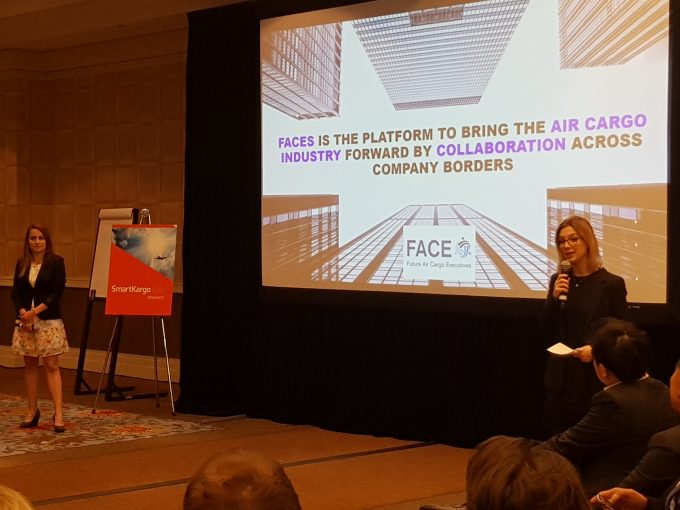Air cargo still flying high as capacity stays tight, but rates are slipping
It may be January, but faith in the air cargo sector continues to be high, ...

The next generation of the air cargo industry is engaging, dynamic and confident, with interesting questions, good ideas – and a sense of humour.
At yesterday’s FACE (Future Air Cargo Executive) event, on the eve of the World Cargo Symposium in Dallas, about 40 delegates – refreshingly split evenly between genders – revealed how the industry could look in 15 to 20 years’ time.
IATA established the programme five years ago, in response to the industry’s need to attract and train and retain ...
Ecommerce air traffic to US set to grind to a halt as de minimis exemption ends
Maersk u-turn as port congestion increases across Northern Europe
Apple logistics chief Gal Dayan quits to join forwarding group
Widespread blanked sailings stave off major collapse of transpacific rates
Transpac rates hold firm as capacity is diverted to Asia-Europe lanes
Houthis tell Trump they will end attacks on Red Sea shipping
Airlines slash freighter capacity post-de minimis, but 'the worst is yet to come'
MSC revamps east-west network as alliance strategies on blanking vary


Comment on this article